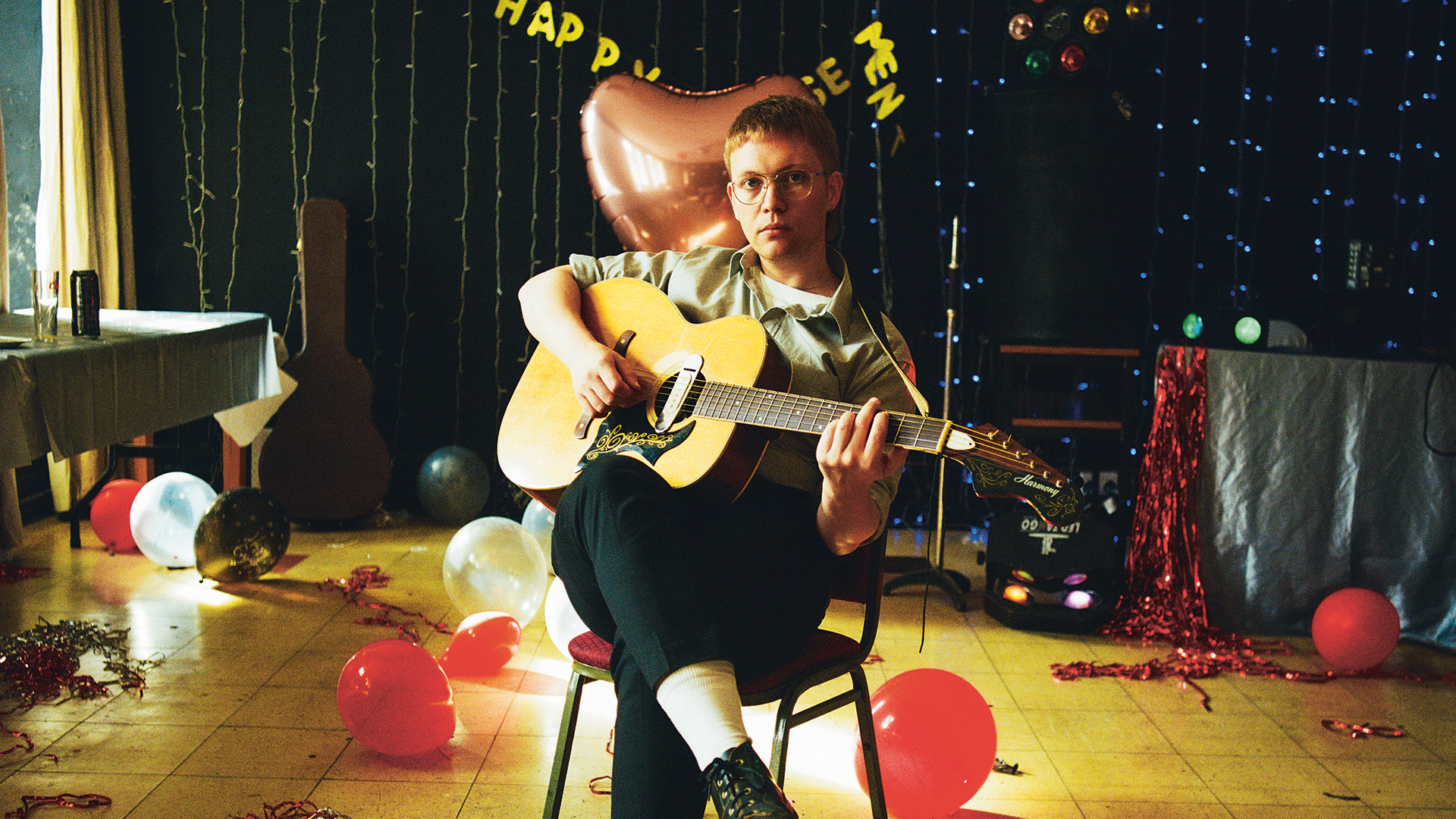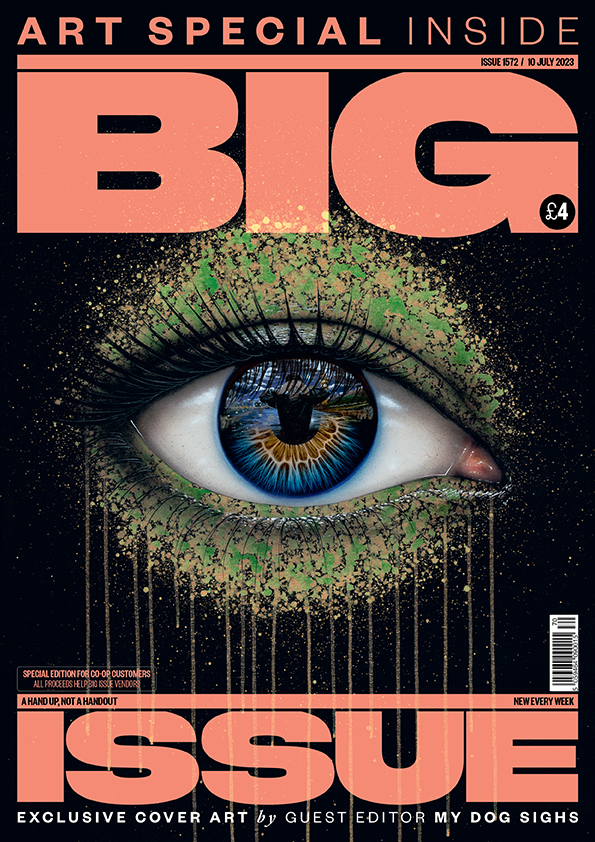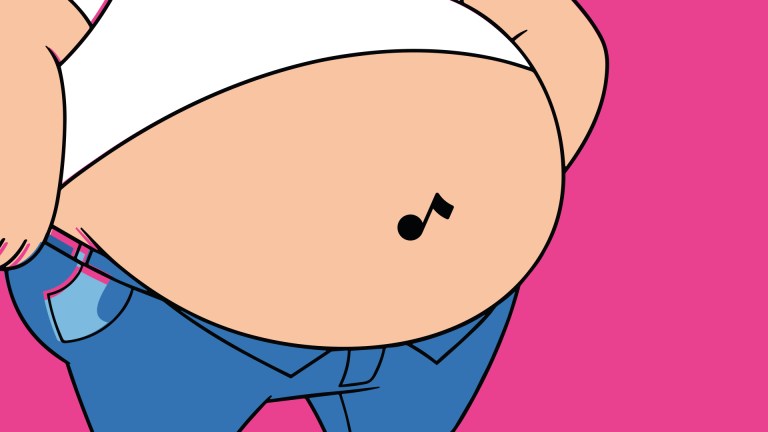A week before Covid hit and the world closed in 2020, my band The Howl & The Hum were playing a gig in Ireland for the-long-running TV show Other Voices. Huw Stephens, introducing us, made a joke about our debut upcoming album, at the time awaiting release in May 2020, being called Human Contact. It felt like a quick little gag that would be brushed aside, but that joke turned into a black dog that sat on our shoulders for the following three years.
I’d be lying if I said the four of us in the band hadn’t planned our lives ahead of the day of the release of our first record. In none of the billion futures we’d imagined had our lives been dictated by a global health emergency that stopped the planet and killed millions.
However, being a band of four young men, we find it very difficult to talk to one another about these concerns, or our places in each other’s futures, and tensions and anxieties grew and spread.
But recently I’ve rediscovered the joy in creating something new. Having our planned futures decimated in the way we did meant death to me at the time. Instead, creating new music, new art, and new poetry turned out to be a way to carve a path into the light: a rewriting of futures we thought to be lost.
This sense of feeling lost is at the heart of the inspiration for The Howl & The Hum’s upcoming second album. It inspired the ability to reach out to friends and family, to stop giving our Thumbs Up when things weren’t right, and to reach out and collaborate with friends and artists I loved, and confront these feelings of dread. When stared at in the eye, the black dog is far less terrifying.
There is a sweetness to the ephemeral: the anxieties about our futures are only anxieties, and the fears that go along with them temporary. As a band The Howl & The Hum found an answer in opening up to one another, in the realisation that limitless futures are possible: that there is beauty to be found in the lost.










